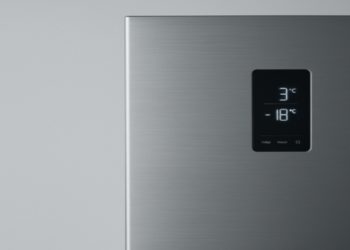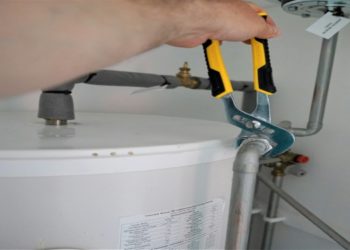The UK’s combination of chilly winters and persistently high energy costs continues to be a toxic mix for homeowners and businesses alike.
Indeed, when compared with European Union (EU) member states, the UK ranks in fourth for the cost of electricity as of 2024’s first half, according to a measure cited by the BBC. Even worse, it takes the highest position when it comes to industrial electricity costs, assuming medium usage.
So, if you’re based in the UK – whether you’re reading this as a homeowner or a professional in a sector like the HVAC (heating, ventilation, and air conditioning) industry – you will recognise the importance of doing everything possible to maximise your heating system’s efficiency.
An Introduction to The Importance of BTU To kWh Conversions
To improve energy efficiency so that you can drive down your energy bills as a household or a business, you will need to be able to understand the energy output of your heating system in relatable terms.
There is, though, a potential barrier to this: while heating equipment in the UK is often specified in British Thermal Units (BTUs), electricity suppliers charge in kilowatt-hours (kWh).
This mismatch can make it difficult for homeowners and HVAC professionals alike to compare performance, estimate running costs, or size systems accurately.
The Difference Between BTU And kWh
Both BTU and kWh measure energy. However, they originate from different measurement systems and are used in different contexts:
- BTU is a traditional, imperial unit of energy. It was originally defined as the amount of energy needed to raise the temperature of one pound of water by one degree Fahrenheit. In the UK, this unit is commonly used for rating the heat output of radiators to ensure they are correctly sized for a room.
- kWh is a metric unit of energy, most frequently used for electrical energy. The standard unit for electricity billing in the UK, it represents the energy used by a device drawing a single kilowatt of power for one hour.
How Do You Convert from BTU To kWh?
The relevant conversion factor is as follows:
- 1 BTU is approximately 0.000293 kWh
- 1 kWh is approximately 3,412 BTUs
So, let’s set out the conversions you may need to perform:
- To convert BTU to kWh, multiply it by 0.000293
- To convert kWh to BTU, multiply it by 3,412
If, for example, you wished to convert 10,000 BTU to kWh, the calculation to undertake would be 10,000 x 0.000293 = 2.93 kWh.
But you don’t necessarily need to do your working-out manually. That’s because it’s easy to check energy usage using the BTU to kilowatt-hour conversion calculator on the website of electrical component supplier, RS. Just input the kW or BTU reading you have, click “Calculate”, and you’ll have an answer immediately.
What Does Converting Between BTU And kWh Enable You to Do?
To recap, then: while BTU is a unit of energy, kWh is the billing unit on your electricity meter.
If, then, you can convert from one unit to the other quickly and accurately – whether with a manual method or a calculator – this will allow you to:
- Compare system ratings, matching manufacturer BTU ratings to electricity consumption
- Estimate running costs, translating heat output into kWh to figure out the cost using your tariff
- Size equipment correctly, avoiding the oversizing that would effectively waste energy and money
- Audit efficiency, spotting underperforming boilers, heat pumps, or radiators.
Conclusion: A Small Calculation That Can Bring Big Benefits
Converting from BTU to kWh might not be the most complex calculation you will ever find yourself having to make.
However, when you need to do such things as accurately estimating costs, comparing appliances you’re thinking of investing in, and/or achieving better overall energy management at your building, it can be highly advantageous.
David Prior
David Prior is the editor of Today News, responsible for the overall editorial strategy. He is an NCTJ-qualified journalist with over 20 years’ experience, and is also editor of the award-winning hyperlocal news title Altrincham Today. His LinkedIn profile is here.











































































